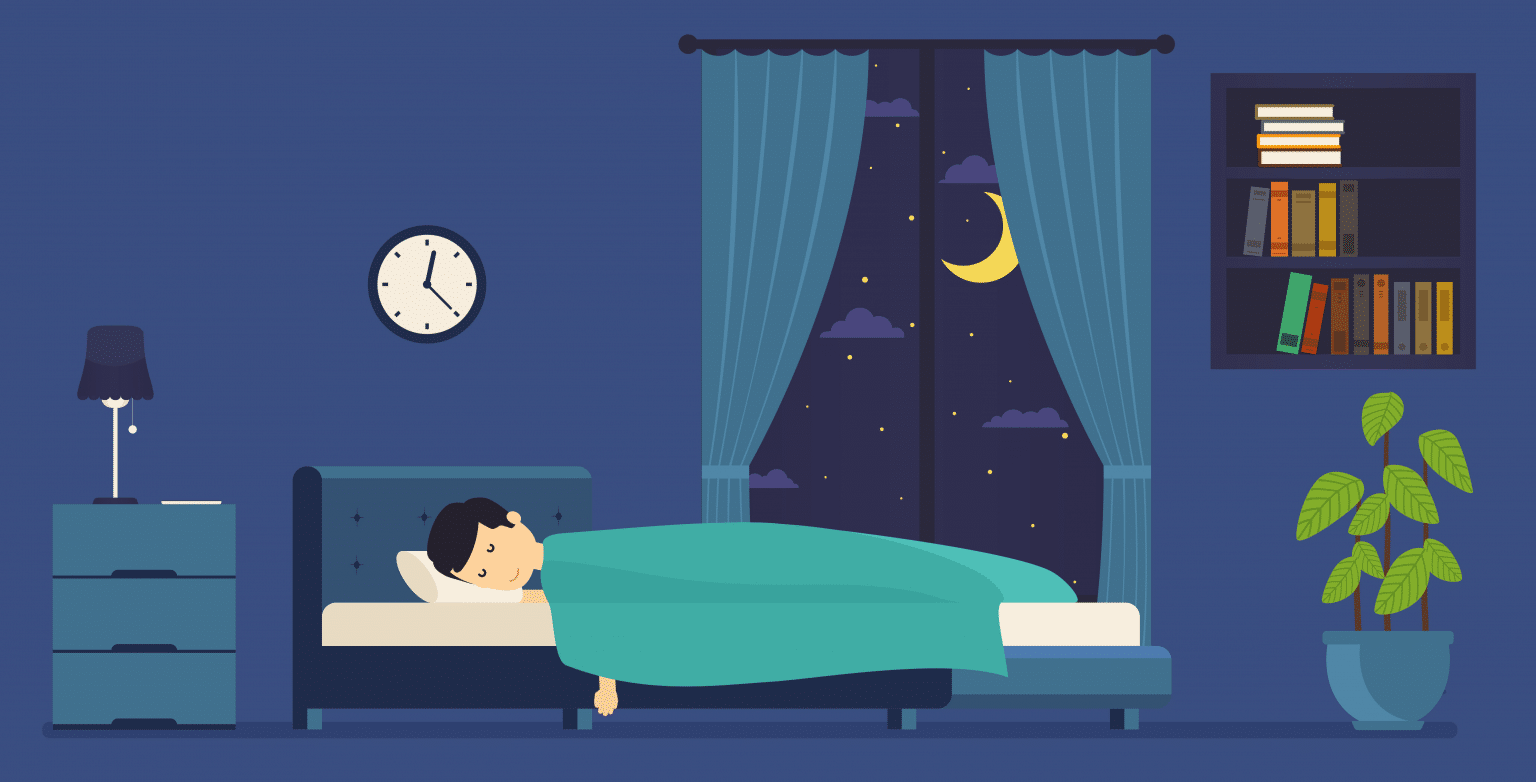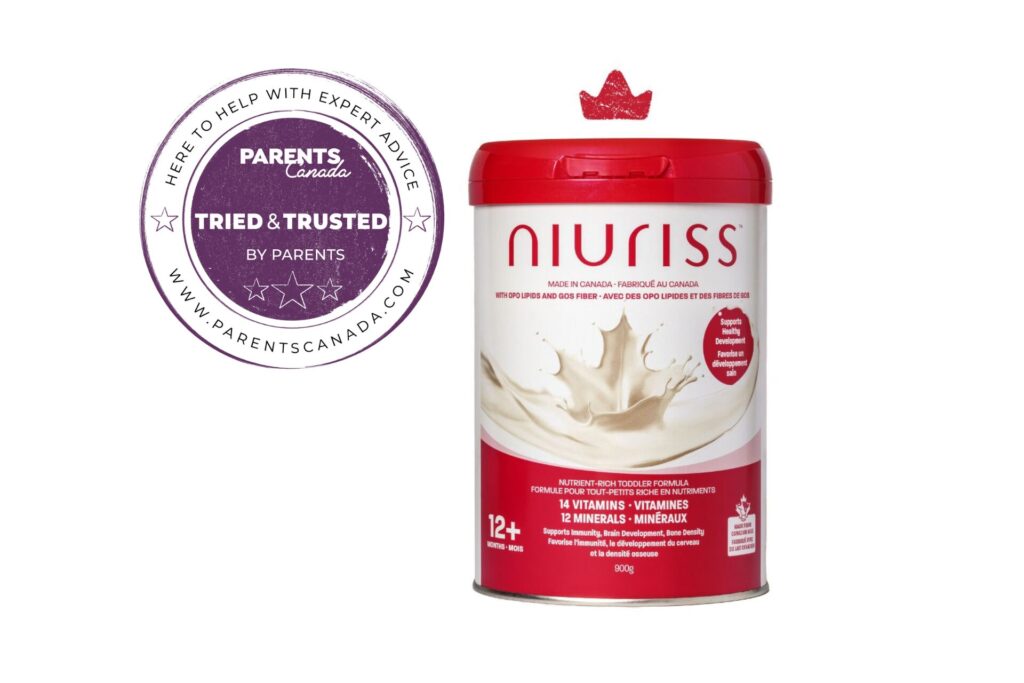Most parents have awoken to the sound of their child having a bad dream, or gently soothed a little one who was having trouble settling down at bedtime. It’s not uncommon and for some families, it’s a regular occurrence. This makes for exhausted kids — and very tired parents! But did you know that when you help kids manage anxiety, that you can also help improve their sleep?
Nobody likes to see their kids struggle with feelings of stress or anxiety, especially when it disrupts their sleep or impacts their well-being in other ways. A 2016 study by Canadian Mental Health Association found that about three percent of children have an anxiety disorder that may benefit from the support of a cognitive behavioural therapist or other professional. However, if your child is dealing with more commonplace nightmares or occasional stress, there are things parents can do at home to help ease their worries. You're tired, we know. Here are some tips.
Eat right to sleep tight
The Canadian Mental Health Association recommends that kids eat right, sleep right and move their bodies to curb common symptoms of anxiety, including those that cause sleep disruptions. “Each of these healthy activities can help reduce anxiety and make a positive difference to your whole body/mind system,” the organization shares. They also recommend getting plenty of fresh air and spending time in nature, which promotes mental wellness.
Routines really do rock
Healthy sleep habits are a critical part of managing anxiety in kids and adults alike, and there are several ways to help kids get a good night’s rest. Start with a consistent routine that promotes calm and relaxation. This may involve a warm bath, storytime or songs, a sound machine or the use of essential oils — whatever helps your child unwind and ease into bedtime.
It turns out that relaxation takes practice
“This may sound simple but learning how to relax deeply can take time and practice,” the Canadian Mental Health Association advises. Kids may benefit from practicing deep breathing, mindfulness and meditation or yoga. You can even work these elements into your bedtime routine. “Each of these activities can help calm both body and mind.”
A version of this article was originally published in 2021.











